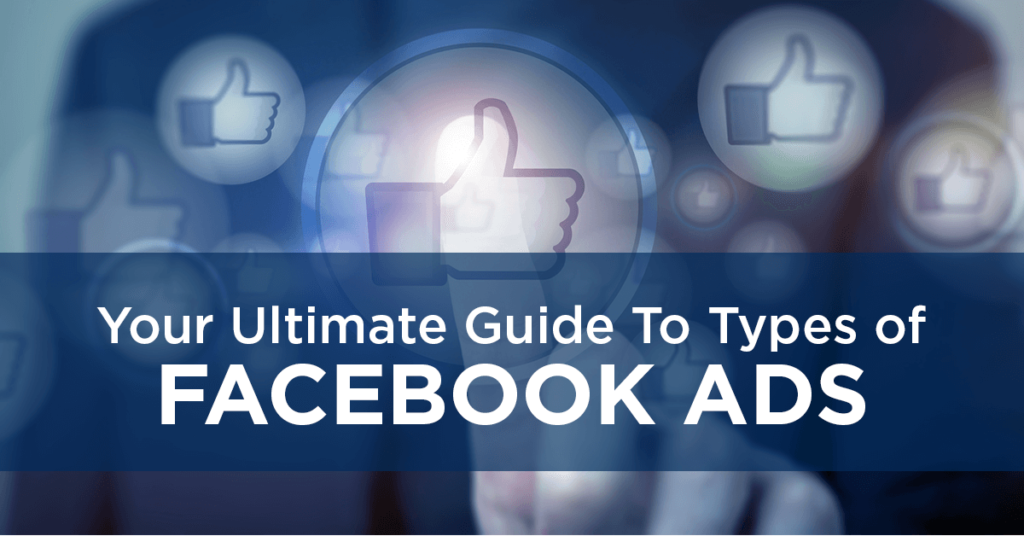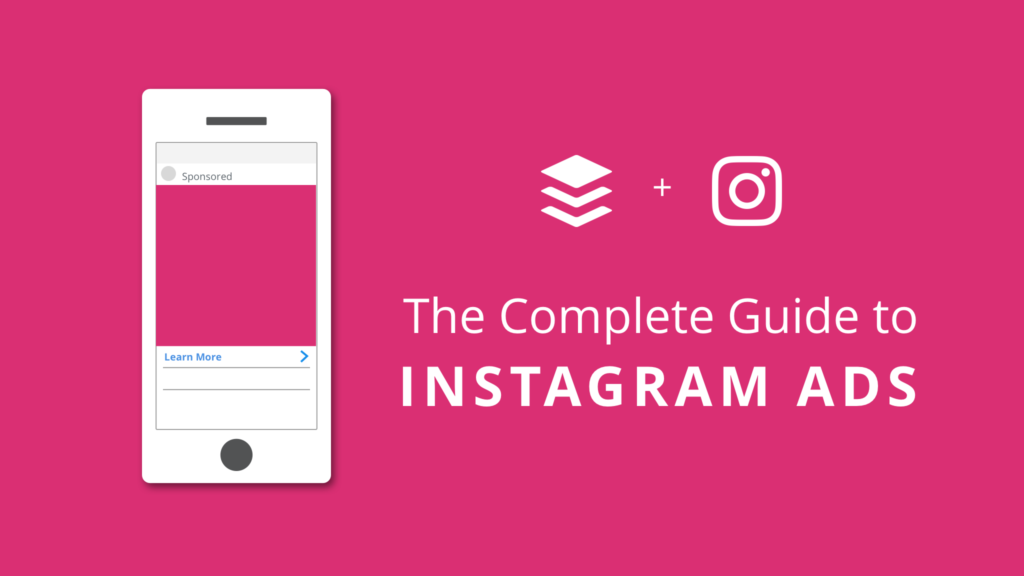Facebook ads have become an indispensable tool for businesses and advertisers to reach their target audience effectively.
With its massive user base and powerful targeting options, Facebook provides a platform that allows businesses to create engaging and visually appealing ads.
To get the most out of your Facebook advertising campaigns, it is crucial to understand the various ad sizes and specifications offered by the platform.
In this comprehensive guide, we will explore the different optimal Facebook ads sizes and their types, ensuring that your ads stand out and capture your audience’s attention.
Facebook Ads Types

Before diving into the specifics of ad sizes, let’s briefly overview the various types of ads available on Facebook:
a. Image Ads: These are simple ads that consist of a single image with accompanying text.
b. Video Ads: Video ads are engaging and dynamic, capturing users’ attention through moving visuals.
c. Carousel Ads: Carousel ads feature multiple scrollable images or videos in a single ad unit, allowing for creative storytelling.
d. Slideshow Ads: Slideshow ads are lightweight video ads that play as a looping sequence of images.
e. Collection Ads: Collection ads showcase a cover image or video with a collection of products below, encouraging users to browse and shop.
f. Instant Experience (formerly Canvas) Ads: Instant Experience ads provide an immersive full-screen experience, combining images, videos, and interactive elements.
Facebook Ads Sizes and Specifications
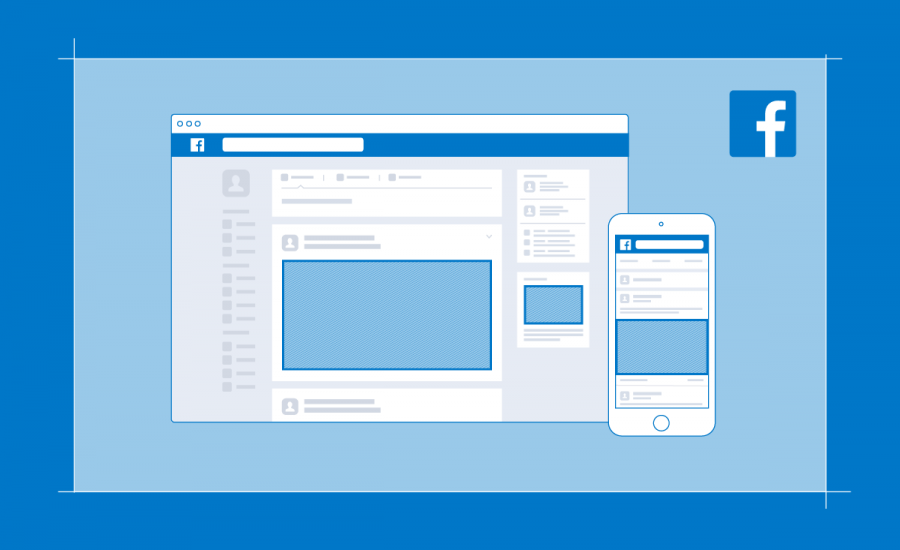
To ensure optimal performance and seamless integration across various devices and placements, it is essential to adhere to Facebook’s recommended ad sizes and specifications. Here are the most common ad sizes for each ad type:
Image Ads Sizes:
Recommended iaage size: 1,200 x 628 Facebook pixels
Image ratio: 1.91:1
Text: 90 characters
Headline: 25 characters
Link description: 30 characters
Video Ads Sizes:
You might wonder what’s the difference between a Facebook Feed Video Ad and a Facebook In-Stream Video Ad. The key differentiation is the phrase “in-stream.”
Facebook In-stream Video Ads allow advertisers to deliver 5-15 second, non-skippable, mid-roll video ads to people who are already watching Facebook videos on a mobile device.
They are like the types of ads that YouTube has made available for some time.
They have a high success rate because they don’t appear until at least 60 seconds into the main video.
By this point, people are settled into their video and are unlikely to stop watching simply because of an ad. They are effectively short commercial breaks in the main video.
The main difference between Facebook Feed Video Ads and Facebook In-stream Video Ads is that Facebook Feed Video Ads are standalone ads that appear in users’ news feeds, rather than within another video.
Recommended resolution: At least 720p
Minimum aspect ratio: 16:9
Recommended video formats: .MP4, .MOV
Video length: Up to 240 minutes (although shorter videos tend to perform better)
Thumbnail image size: 1,200 x 675 pixels
Carousel Ads Sizes:
The Facebook Carousel ad option allows brands to feature images (or videos) of multiple products in one ad.
Users can swipe through the various slides of a carousel ad to see different items offered. Carousel ads can comprise a mix of still images and videos.
Recommended image size: 1,080 x 1,080 pixels
Image ratio: 1:1
Number of cards: 2 to 10
Headline: 40 characters
Link description: 20 characters
Maximum video length: 240 minutes
Slideshow Ads Sizes:
Recommended image size: 1,280 x 720 pixels
Image ratio: 16:9 or 1:1
Minimum of three images required
Transition: Fade or slide
Collection Ads Sizes:
Facebook Collection ads make it easy for people to browse a product catalog on mobile. Each Facebook Collection ad features one main video or image, along with four smaller accompanying images in a grid-like layout.
When somebody clicks on a Collection Ad, they are taken to a fast-loading visual post-click experience powered by Instant Experience, without leaving Facebook
Recommended image size: 1,200 x 628 pixels
Image ratio: 1.91:1
Collection cover image/video size: 1,200 x 628 pixels (image) or 1,200 x 675 pixels (video)
Headline: 25 characters
Description: 30 characters per product card
Instant Experience Ads Sizes:
Recommended image size: 1,200 x 628 pixels
Image ratio: 1.91:1
Recommended video size: 16:9 aspect ratio
Text: 90 characters
Headline: 25 characters
Best Practices for Effective Facebook Ads Sizes
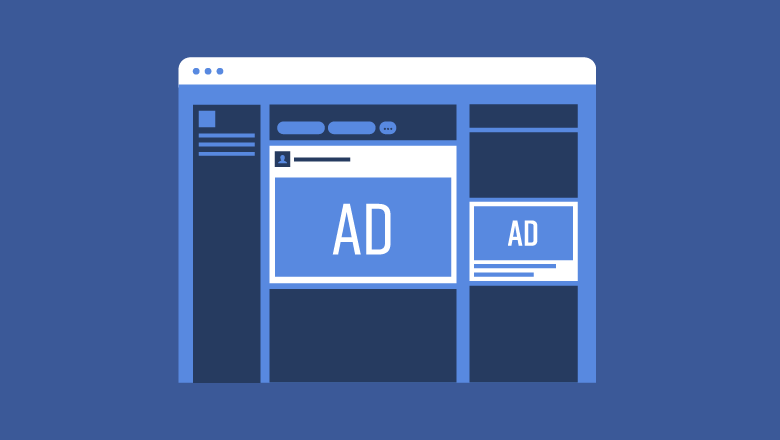
In addition to using the appropriate ad sizes, consider the following best practices to maximize the impact and engagement of your Facebook ads:
a. High-quality visuals: Use compelling, visually striking images or videos that are relevant to your target audience.
b. Compelling copy: Craft concise and persuasive ad copy that captures attention and encourages action.
c. Clear call-to-action (CTA): Include a clear and prominent CTA button that directs users to take the desired action, such as “Shop Now,” “Learn More,” or “Sign Up.”
d. Mobile optimization: As a significant portion of Facebook users accesses the platform on mobile devices, ensure that your ads are mobile-friendly and visually appealing on smaller screens.
e. A/B testing: Experiment with different ad variations, including images, videos, copy, and CTAs, to identify what resonates best with your target audience.
f. Audience targeting: Take advantage of Facebook’s robust targeting options to reach the right audience based on demographics, interests, behaviors, and more.
g. Ad relevance and quality: Facebook rewards ads that are relevant to the audience by giving them higher placement and lower costs. Ensure that your ads align with your target audience’s interests and needs.
h. Monitoring and optimization: Continuously monitor the performance of your ads using Facebook Ads Manager and make necessary adjustments to improve their effectiveness.
Additional Considerations
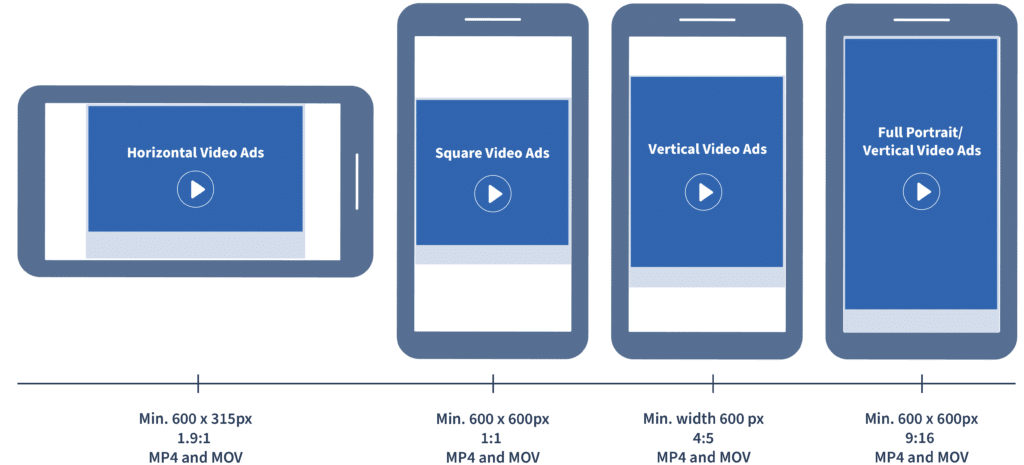
In addition to the recommended Facebook ads sizes and best practices, keep the following considerations in mind:
a. Text and image overlay:
Facebook has a guideline that restricts the amount of text that can appear in an ad image.
Ads with more than 20% text in the image may experience reduced reach. Utilize Facebook’s Text Overlay Tool to check the text density of your ad images.
b. Ad placement:
Facebook offers a variety of ad placements, including the News Feed, Stories, Audience Network, and more.
Each placement has its own optimal ad size and specifications. Consider the placement options that align with your campaign objectives and audience behavior.
c. Aspect ratios:
Different ad placements and formats may require specific aspect ratios. Ensure that your visuals are formatted correctly to prevent cropping or distortion.
d. Accessibility:
Make your ads accessible to a wider audience by adding captions or subtitles to videos and ensuring that your images have alt text for visually impaired users.
Frequently Asked Questions
What is the best size for Facebook ads?
Facebook feed ads recommend a resolution of at least 1080 by 1080 pixels and a maximum of 30 megabytes.
The technical minimum requirement for size is 600 by 600 pixels, with no maximum.
Facebook supports image ratios from 1.91:1 to 4:5, though offer ads and ads with stock photos require the 1.91:1 ratio
What is the aspect ratio for Facebook ads?
Minimum width and height: 600 pixels. The recommended aspect ratio is between 9:16 to 16:9.
Recommended image formats are JPG and PNG. Images with 20% text or more could increase the chances of failed delivery.
What size are social ads?
Some of the most common social media image sizes are 1024 x 768 pixels. 1080 x 1080 pixels. 1280 x 720 pixels
What is the best Facebook ad size for mobile?
Resolution: at least 1080 x 1080 pixels. Recommended ratio: 1:1 (for desktop or mobile) or 4:5 (for mobile only).
There are multiple acceptable video formats, but MP4, MOV, or GIF are recommended. Max video file size: 4GB
What size are Facebook page graphics?
Your Page’s profile picture: Displays at 176×176 pixels on your Page on computers, 196×196 pixels on smartphones and 36×36 pixels on most feature phones.
Conclusion
Understanding and utilizing the optimal ad sizes and specifications on Facebook is crucial for creating visually appealing, engaging, and effective ads.
By adhering to Facebook’s recommended sizes and best practices, you can optimize your ads’ visual impact, reach, and engagement with your target audience.
Remember to regularly monitor and optimize your campaigns to ensure optimal performance and success.
With the right ad sizes and advertising strategies, Facebook ads can be a powerful tool for driving brand awareness, increasing conversions, and achieving your marketing objectives.

